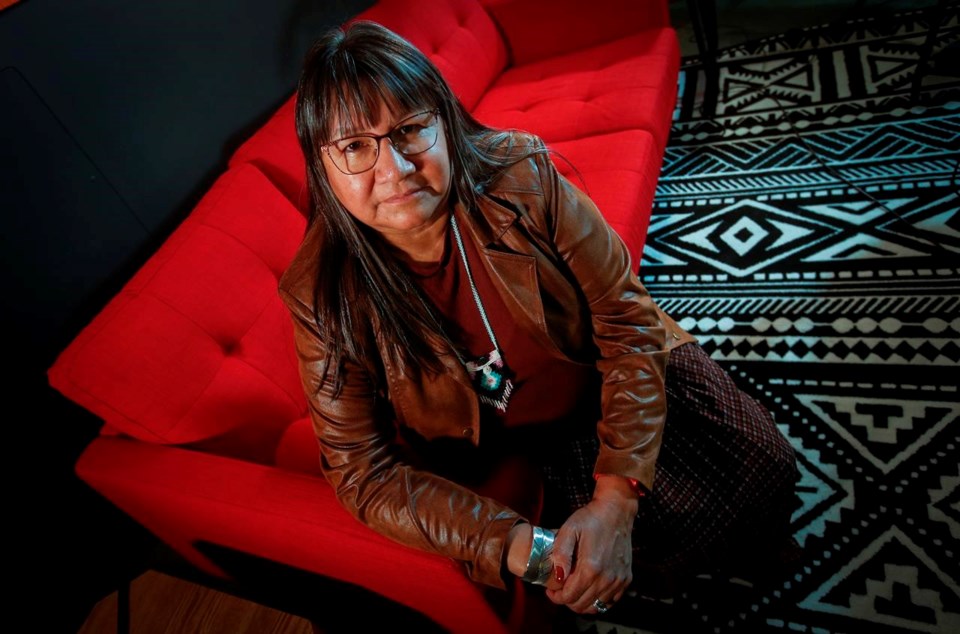WINNIPEG — The Manitoba government has yet to implement key recommendations on sleep-related infant deaths, social worker caseloads and other issues, even though some of the proposals date back years, the office of the provincial children and youth advocate said Tuesday.
The government has made progress overall, Sherry Gott said in her annual report on how the province follows up on past recommendations. Some action has been taken on 88 per cent of recommendations from various reports since 2018, and 18 per cent have been fully implemented — roughly double the percentages a year ago.
However, key outstanding issues remain, Gott said, such as a 2020 call to ensure every infant has a safe sleeping surface in order to prevent sleep-related deaths. Approved surfaces include a crib or bassinet where an infant can lie on their back alone and without obstruction.
"Based on the information available, it appears that at least 50 additional infants have died unexpectedly in their sleep before they were two years old since our special report and its recommendations were issued in 2020," the report from Gott's office states.
Some of the other outstanding recommendations deal with money. The 2014 judicial inquiry report on the death of Phoenix Sinclair, a five-year-old girl who died after years of abuse and neglect, called for child welfare authorities to be funded so that caseworkers handle a maximum of 20 cases each at any one-time.
The government recently changed the formula used to fund child welfare into a system known as Single Envelope, which gives child welfare authorities and agencies more flexibility in how they can spend the money.
"While Single Envelope funding is intended to provide discretion and autonomy regarding the use of funds, questions remain about whether the amounts provided to each authority are meeting the need to cover the high number of children in care, as well as preventive and family enhancement services," the report states.
A recommendation to extend youth supports in the child welfare system to people up to age 25 has also not been fulfilled.
The advocate's report also says the province has yet to act on a recommendation to develop a mental health and addictions strategy specific to young people.
The provincial Health Department had the lowest rate of compliance among government departments and said the COVID-19 pandemic affected how quickly it could act, Gott said.
"With the removal of all COVID-19 health measures and restrictions this past spring, the Department of Health must begin to prioritize action on recommendations," the report states.
"By delaying service improvements for a few years, children and youth have essentially been asked to wait until the pandemic is over before vital, and life-saving improvements could be made to their health services. Frankly, kids cannot wait."
Families Minister Rochelle Squires said the government is committed to implementing more of Gott's recommendations. A review of the Single Envelope funding will be launched soon, she said.
The overall funding has been maintained even as the total number of children in care has dropped, she added.
The government is also promising more effort to ensure infants have proper, safe places to sleep. There is a new Child and Family Services standard that requires caseworkers to assess the sleep areas of infants in the families they serve.
"It's now part of our policies and we're working to ensure that all agencies are supported so that ... this policy is being implemented," Squires said.
This report by The Canadian Press was first published Jan. 17, 2023.
Steve Lambert, The Canadian Press


